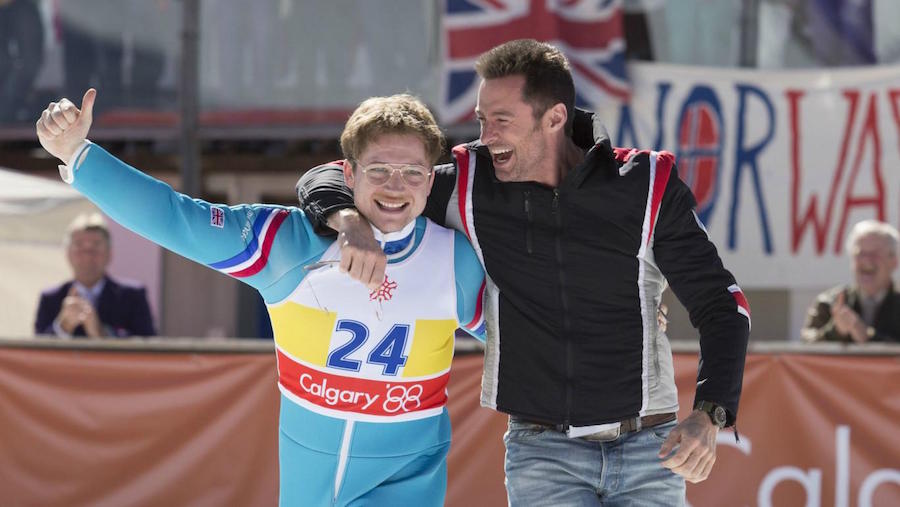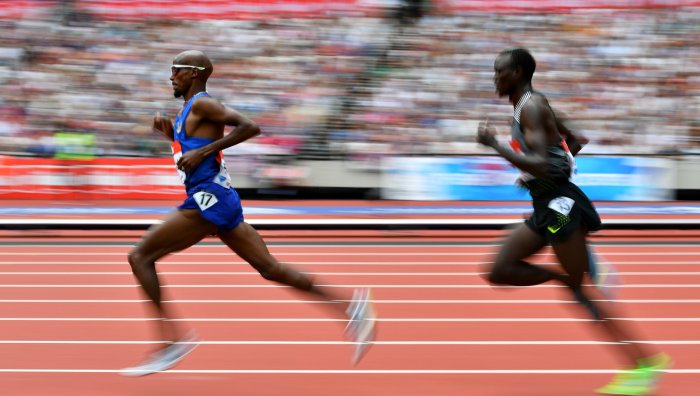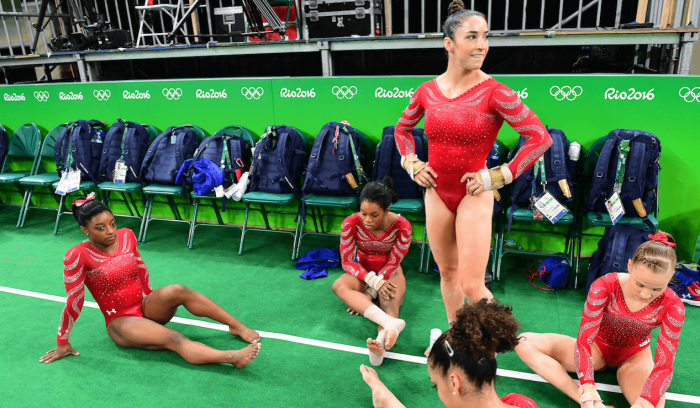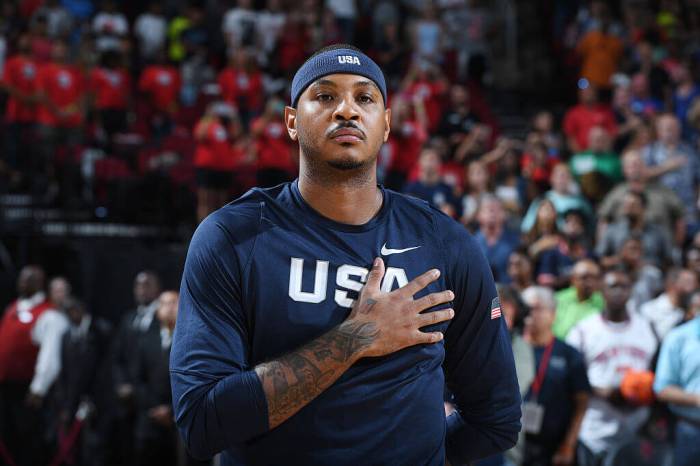‘Eddie the Eagle’ “Eddie the Eagle” is the British “Rudy,” which is to say it’s a true life inspirational tale done more as a light, cheery comedy instead of an angsty drama. It’s a by-the-numbers underdog affair, but one that’s both more engaging and even deceptively smart. Where “Rudy” merely meant to uplift, “Eddie the Eagle” — perhaps accidentally — winds up forcing us to question our notion of greatness and achievement. It’s a secretly, or maybe inadvertently, interesting film that runs in the face of the notion that the only people worth making a movie about are the best. Its hero is someone Donald Trump would call a loser, in part because he technically is. The one comically named Eddie Edwards — played with game eccentricity and a Beaker-from-the-“Muppets”-like mouth shapes by “Kingsman”’s Taron Egerton — was a southern England nobody who wound up ski jumping at the Olympics a mere year after picking up the sport. Naturally, he came in last place, but his stranger-than-fiction hustle to get to Calgary in 1988, involving lots of loophole-exploiting, as well as countless near-death experiences on steep slopes, is perhaps even more impressive than had he gotten there on merit. RELATED: Interview: Michelle Yeoh talks “Crouching Tiger, Hidden Dragon” sequel There are many ways to tell this tall tale; one of many aborted attempts was a probably nastier version by Steve Coogan, which the real-life Edwards found too hurtful. The one that got made is nothing but nice, portraying him as a nutty but lovable dreamer with dorky aviator glasses who stands tall in the face of a parade of snooty jerks badgering him to give up. In truth, reactions to Edwards were mixed: He was seen as either an endearing everyman or an embarrassment to the sport. Either way, he achieved 15 minutes of fame — what we today call an Internet celebrity. “Eddie the Eagle” repurposes the story so that he’s a hero. That requires fudging some facts and ignoring others. The cranky, boozy trainer played by Hugh Jackman is a composite/fiction, and it doesn’t even end with a heartwarming postscript. Perhaps that’s because that might be a bit downer: Despite numerous attempts, Edwards never returned to the Olympics, in part because the committee tightened regulations because of him, ensuring that an amateur couldn’t slip in on technicalities again. RELATED: Interview: Aaron Paul on “Triple 9” and what it’s like to go on a ride along But even while distorting the truth, “Eddie the Eagle” winds up reminding us that there should be more movies about people who were never destined to triumph above everyone else. One thing the movie doesn’t lie about is that Edwards’ goals were modest, if crazy: He didn’t want to win the Olympics; he just wanted to be there. The film’s key scene — which almost certainly never happened — finds him bonding with the young Finnish skier who will win the gold medal. He sees in Edwards a kindred spirit: He wasn’t just refusing to give up on his harebrained scheme, he wanted to push his talents beyond their limits, just to see how far he could go. “Eddie the Eagle” shares less DNA with “Rocky” or “Invincible” and more with last year’s French electronic music saga “Eden,” in which the protagonist is someone who never made it, while actual superstars Daft Punk are reduced to a few walk-ons. Eddie Edwards is like most of us: someone who’s not going to win, at least by standard definitions. That he’s OK with that and proceeds anyway is actually inspirational, as opposed to the normal syrupy, vanilla kind that sports weepies deal in.
Director: Dexter Fletcher
Stars: Taron Egerton, Hugh Jackman
Rating: PG-13
3 (out of 5) Globes
‘Eddie the Eagle’ is a deceptively simple inspirational sports movie

Larry Horricks
Follow Matt Prigge on Twitter @mattprigge















